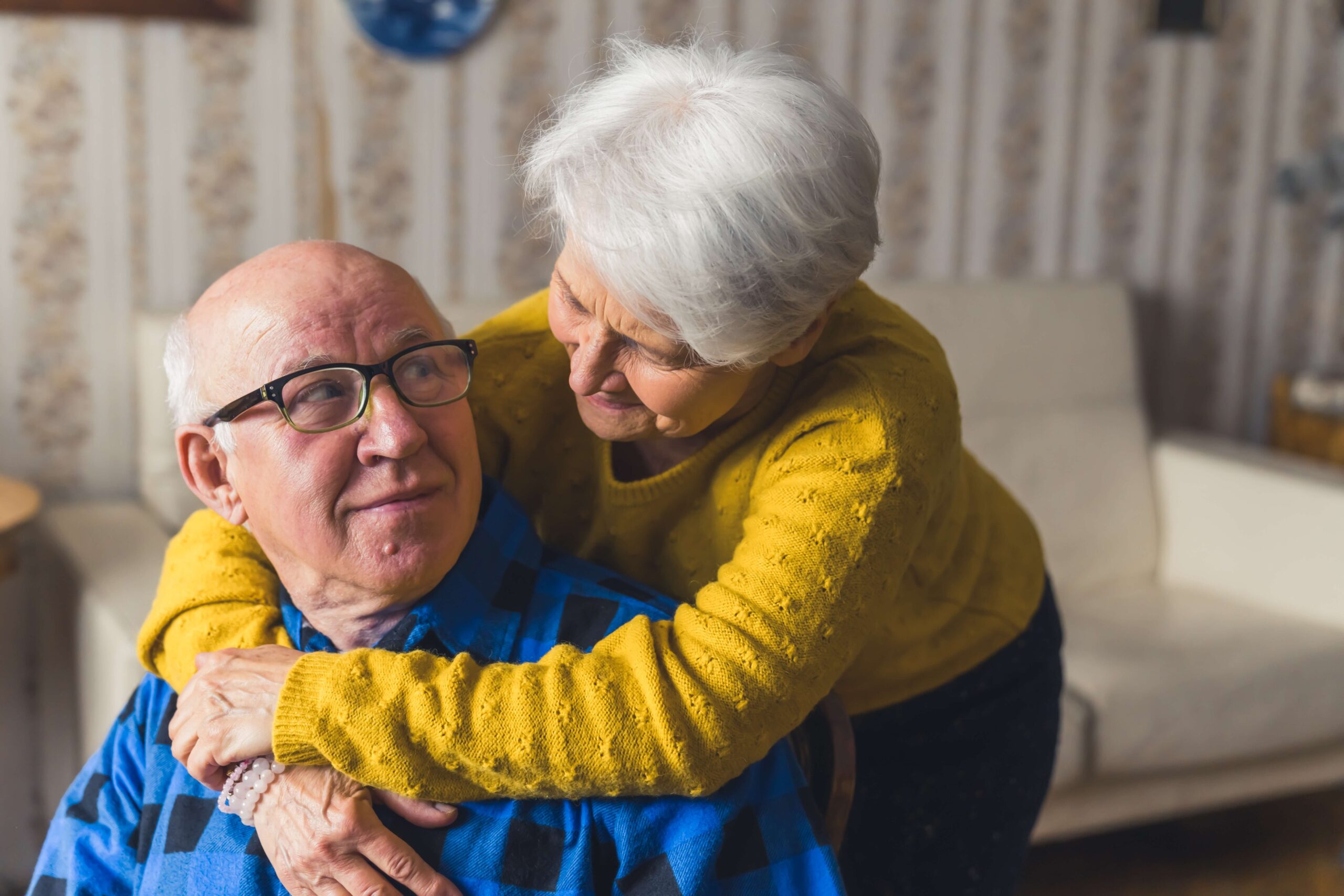Abuse doesn’t always leave physical scars. It can take many forms, including financial and economic abuse. This can be harder to recognise and even harder to talk about, but knowing the signs is an important first step. Whether it’s happening to you or someone you care about, we’re here to help.
What is financial and economic abuse?
Financial abuse is when someone takes control of your money or financial decisions as a way of controlling you. It often happens alongside other forms of abuse and can leave people feeling trapped, isolated or afraid to speak out.
It can affect anyone regardless of age, background or financial situation – and it’s not always easy to spot.
Examples of financial or economic abuse
Financial abuse is often part of a wider pattern of coercive or controlling behaviour. It can happen within romantic relationships, between family members, or even by carers or people in positions of trust.
- Taking control of your bank accounts or credit cards without your consent
- Running up debts in your name
- Stopping you from earning or assessing your own income
- Forcing you to account for every penny you spend
- Withholding money or essentials like food, clothing or transport
- Pressuring you to change your will mortgage or other financial documents
- Taking out loans or credit in your name, without your knowledge
- Using money as a way to manipulate or control your choices
How we can help
Talking about abuse can be incredibly difficult, but if you experience financial abuse or are worried that someone might be taking advantage of your finances, we’re here to support you.
We’ll always treat your situation with sensitivity and discretion and will never press you to share more than you’re comfortable with.
When you contact us, we’ll listen carefully and talk you through how we might be able to help.
- Talking through your account and helping you understand what's been happening
- Sending statements or other information to a safe address adding a trusted third party to help manage your account (with your consent)
- Helping you if you're struggling to keep up with mortgage payments offering flexible communication options if you need to speak to us safely
- Signposting you to specialist support organisations who can offer further help
More help
View or download UK Finance’s leaflet for further support on surviving economic and financial abuse.
-
.pdfDownload
Hourglass
A charity dedicated to supporting older people facing abuse.

